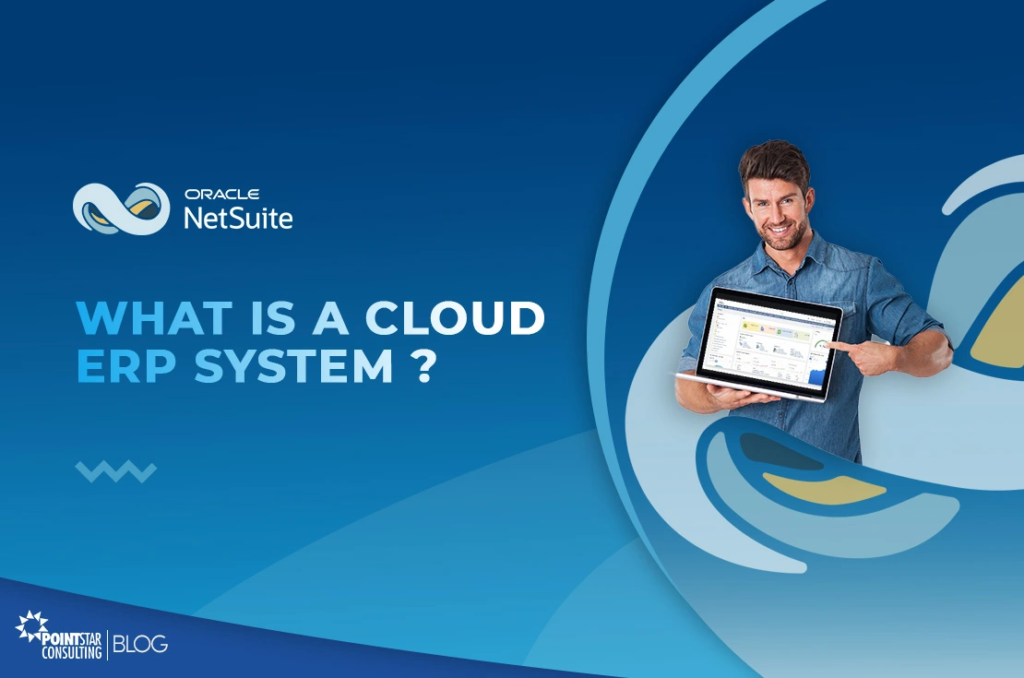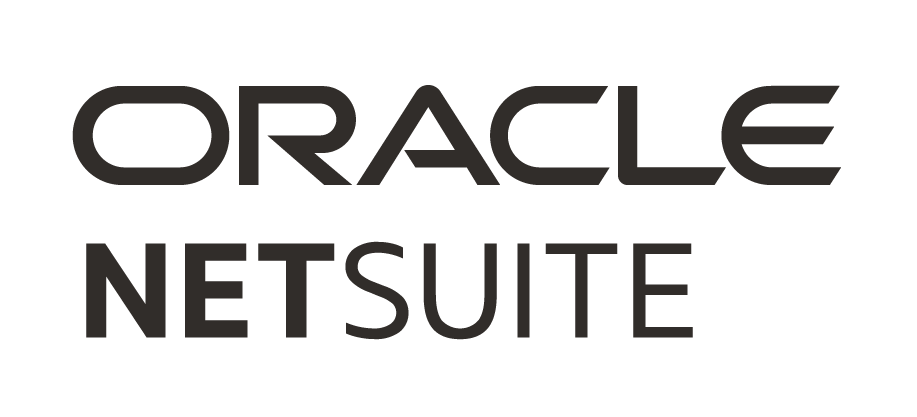Companies constantly seek ways to streamline their operations and improve efficiency in today’s fast-paced business world. One solution that has gained significant traction is cloud ERP software. But what exactly is cloud ERP, and how does it differ from traditional ERP systems? Let’s explore this innovative technology and its benefits for modern businesses.
What is ERP?
Cloud ERP, short for cloud-based enterprise resource planning, is a comprehensive business management software that operates entirely in the cloud. Unlike traditional on-premises solutions, cloud ERP systems are accessed via the Internet, allowing users to manage various aspects of their business from anywhere, at any time.
This accessibility is a game-changer for companies looking to adapt to modern commerce’s increasingly mobile and global nature.
To understand cloud ERP, it’s essential to first grasp the concept of ERP software. ERP system encompasses the integration of core business processes into a single, unified platform. These processes typically include finance, human resources, supply chain management, and customer relationship management.
By centralising these functions, a cloud ERP software provides a holistic view of the business, enabling better decision-making and improved operational efficiency.
Cloud ERP takes this concept a step further by hosting the entire system in the cloud. This approach offers several advantages over traditional on-premises ERP solutions:
Reduced infrastructure costs
With cloud ERP, businesses don’t need to invest in expensive hardware or maintain on-site servers.
Automatic updates
Cloud ERP providers handle software updates and maintenance, ensuring users can always access the latest features and security patches.
Scalability
Cloud-based systems can easily grow with your business, allowing you to add users or modules as needed.
Enhanced collaboration
A cloud ERP system facilitates real-time data sharing across departments and locations, improving teamwork and decision-making.
Improved accessibility
Users can access the system from any device with an internet connection, supporting remote work and global operations.
One notable player in the cloud ERP market is Oracle NetSuite. This comprehensive cloud ERP software offers many features designed to help businesses manage their operations more effectively. NetSuite’s integrated approach combines financial management, inventory management, customer relationship management, and e-commerce capabilities into a single, cloud-based platform.
When considering the adoption of cloud ERP software, businesses should evaluate their specific needs and growth projections. Factors to consider include:
- Data security and compliance requirements
- Integration with existing systems and processes
- Customisation needs
- Total cost of ownership over time
- User training and adoption
In a Nutshell
A cloud ERP solution represents a significant evolution in business management technology. By offering enhanced accessibility, scalability, and integration, cloud-based ERP systems are helping companies of all sizes streamline their operations and gain a competitive edge.
Whether you’re considering a comprehensive solution like NetSuite or exploring other options, understanding the capabilities and implications of cloud ERP is crucial for making informed decisions about your business’s future.
As technology advances, we can expect cloud ERP systems to become even more sophisticated, incorporating artificial intelligence, machine learning, and advanced analytics to provide even greater insights and automation.
For businesses looking to stay ahead in an increasingly digital world, investing in implementing a cloud ERP solution like NetSuite could prove to be a game-changer.



